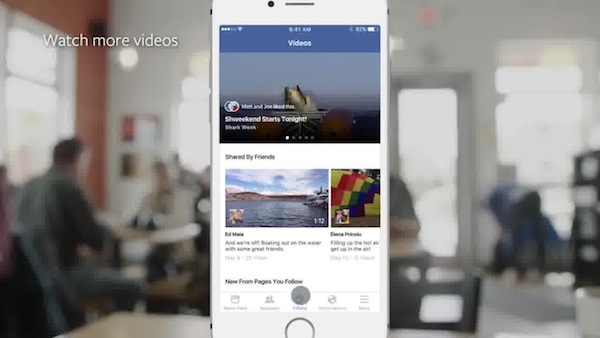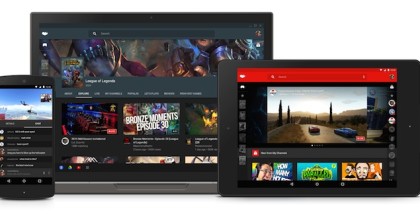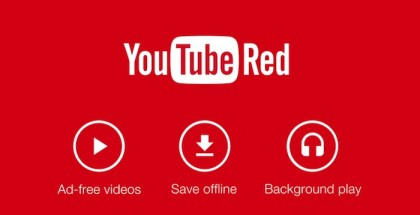8 billion views: Is Facebook a threat to YouTube?
David Farnor | On 08, Nov 2015
Video viewing on Facebook has doubled in the last six month. The social network now receives 8 billion views on average every day – a huge leap from the 4 billion average reported in April 2015.
Does that make Facebook a real threat to YouTube now? The site has certainly placed a lot of emphasis on its video in recent months. Earlier this year, Facebook introduced a suggested videos feature designed to encourage users to watch more videos after one has finished. Since then, Facebook has even launched its own video platform as a separate area within Facebook apps.
But the site is still a long way behind YouTube in many ways. One of the biggest controversies surrounding Facebook video is copyright, as people upload YouTube videos from other channels onto their Facebook pages without permission – a practice known as “Freebooting”, which costs YouTube creators millions in views and potential income. Revenue is also a big factor: YouTube, with its community of users, has positioned itself as a place where creators can be supported but also earn money.
Facebook has begun to make inroads in these areas: it is now developing its own IP tool to help detect plagiarised videos and its suggested videos feature is also being used as a way to generate revenue for partners, something that will eventually be rolled out to provide a way for publishers to earn money.
YouTube, though, isn’t allowing its rival to catch up: the site continues to move ahead into new areas and strengthening existing territories. YouTube Red, its subscription service, is intended to earn more money for vloggers, which could prove decisive in retaining talent, especially as the site continues to invest in original content.
YouTube is even launching a new product to woo commercial publishers: Google announced in Berlin this month that it is working on an “Embedded Player Pilot” that will allow news companies to sell adverts on their own content when using an embedded YouTube player. At present, a large number of options exist for sites publishing videos on their site, which allow the publisher to manage advertising and revenue opportunities. YouTube, on the other hand, automatically displays videos of its choosing on all videos.
The new Embedded Player would give publishers full control over the players used on their own sites, allowing them to sell adverts without Google getting a share of the money – and use Google’s library to fill up space as a fallback. The player is in its early days, but will launch early next year with pilot partners such as The Guardian.
Facebook, though, is becoming a force to be reckoned with. The site is now generating 400 million minutes of views every day, which works out at 39,682 weeks’ worth of streaming. Or, to put it another way, 763 years’ worth of video is watched on Facebook every day.
The figures should be taken with a pinch of salt, as Facebook counts a “view” of a video from just three seconds of playback – vastly shorter than the 30 seconds used by YouTube and something that’s artificially boosted by Facebook’s autoplay function. But even at that measure, Facebook’s growth is staggering: regardless of how many videos are being properly watched, doubling its views within half a year is a rapid growth rate that suggests it is only a matter of time until Facebook becomes a fully-fledged YouTube contender.




















